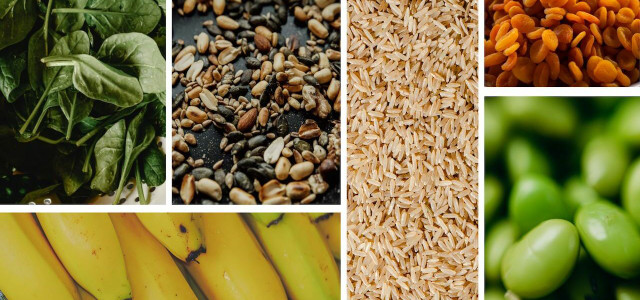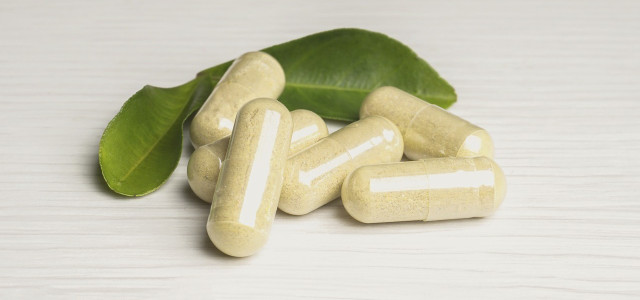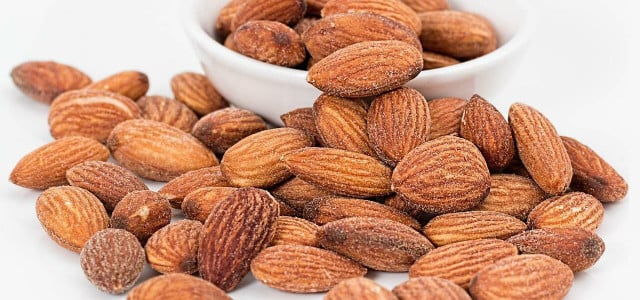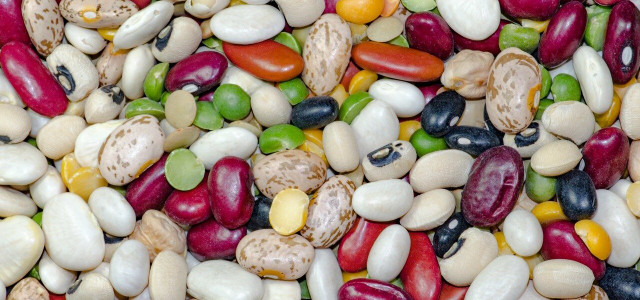Magnesium plays an important role when it comes to your health. Learn how to incorporate natural sources of magnesium into your diet with our curated list.
It seems to be getting harder and harder to ensure you eat a balanced diet. There is a plethora of information available regarding various diets, trends, powders, and pills that promise to make nutrition a breeze. While it may be tempting to reach for supplements to boost your nutrition, natural and whole foods are a far better option to reach your daily needs.
When it comes to human nutrition, magnesium is an essential mineral – it plays an integral role in a wide variety of biochemical reactions that occur within the body. Magnesium is important for:
- a healthy immune system
- strong bones
- nerve and muscle function
- a steady heartbeat
It’s important to seek out good sources of magnesium to incorporate into your diet. The recommended dietary allowance (RDA) for adult men is between 400-420mg, and for adult women who are not pregnant and/or breastfeeding, it’s 310-320mg. We’ve compiled a list of some natural sources of magnesium you can add to your shopping list.
Natural Sources of Magnesium: Nuts & Seeds
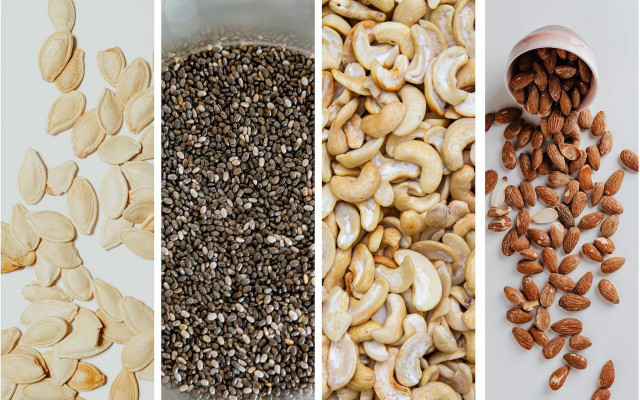


Nuts and seeds are typically good sources of magnesium, though some stand out among the crowd.
- Pumpkin seeds are one of the best natural sources of magnesium. By consuming 1 ounce of unsalted pumpkin seeds (without the shell), you’ll be adding 156mg of magnesium to your diet. Roast pumpkin seeds in the oven for a tasty snack.
- Chia seeds are another magnesium powerhouse – incorporating two teaspoons of chia seeds will provide 35.3mg of magnesium to your body. Try our fruity overnight chia pudding recipe!
- Cashews are a natural source of magnesium that can easily be added to meals. One ounce of unsalted and roasted cashews contains 71.4mg of the essential mineral. You can use cashews to make things like cashew cream cheese or cashew milk.
- Almonds are yet another nut that is a good source of magnesium. One ounce of unsalted, roasted almonds will help you add 76.8mg of magnesium to your diet. You can easily roast almonds yourself and get creative in how you eat them.
Magnesium-Rich Grains & Legumes
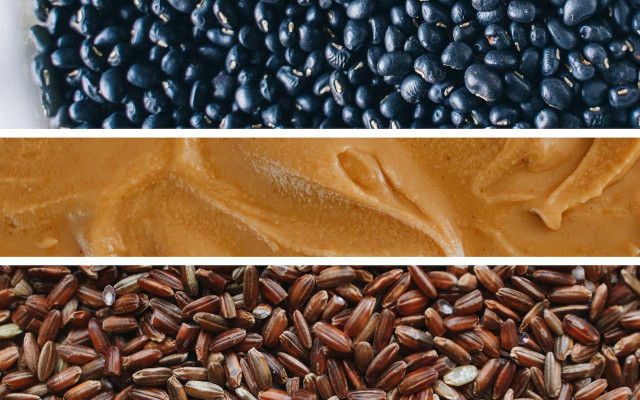


Even if you’re a picky eater, there are plenty of other ways to incorporate more magnesium into your diet naturally.
- Beans can be a good source of magnesium, depending on the variety. One cup of cooked black beans contains 91.8mg of magnesium, while 1 cup of cooked kidney beans contains 77.7mg. If you’re looking for ways to add these natural sources of magnesium to your meals, consider cooking a vegan chili.
- Brown rice can also be used to increase your magnesium intake naturally. One cup of cooked brown rice contains 76mg of magnesium. Use brown rice as a substitute in our congri rice recipe to double up on the magnesium with beans and rice.
- Peanut butter is a beloved breakfast item, and for good reason – 1 tablespoon contains 27mg of magnesium. It’s worth pointing out that the best way to reap the rewards is to stick to natural peanut butter that doesn’t contain any added sugars. Try making homemade peanut butter and then using it in vegan peanut butter cups to treat yourself.
Fruit & Vegetables That Are Good Sources of Magnesium
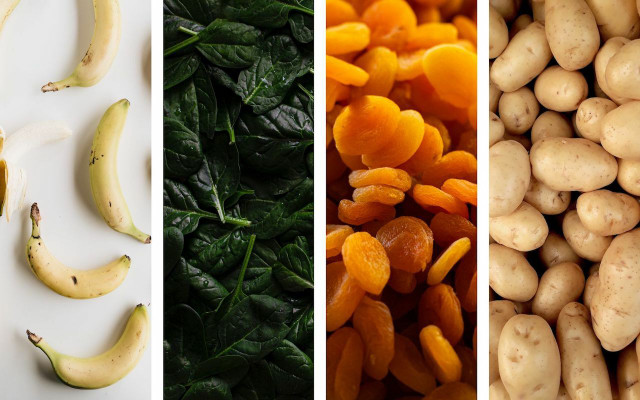


Fruits and vegetables are an important part of any balanced meal, and you can use certain ones to help boost your intake of magnesium.
- Spinach, like many other leafy greens, is an ideal natural source of magnesium. A 1 cup serving of raw spinach contains just 19.8mg, but 1 cup of cooked spinach contains 167mg. The health benefits of spinach are vast, and you can cook things like spinach and feta pizza.
- Bananas are a good source of magnesium, especially if you eat them raw, as one medium-sized banana contains 34mg of the essential mineral. If you prefer eating banana chips, know that 100g contains 76mg of magnesium.
- Potatoes contain a surprising amount of this essential mineral. A medium baked potato contains 71.2mg and a cup of mashed potatoes contains 52.5mg. In order to incorporate this root vegetable into your diet, consider making mashed potatoes with the skin or homemade gnocchi.
- Dried apricots actually contain more magnesium than raw do, so go ahead and add it into your homemade trail mix. 100g of dried apricot contains 32mg of magnesium, compared to just 10mg in 100g of raw apricots – the choice is yours.
Read more:
- 8 Easy and Delicious Sources of Calcium For Vegans
- Does Fruit Have Protein? 12 High-Protein Fruits
- Chlorella vs. Spirulina: What’s the Difference? A Closer Look
Important Information regarding Health-related Topics.
** Links to retailers marked with ** or underlined orange are partially partner links: If you buy here, you actively support Utopia.org, because we will receive a small part of the sales proceeds. More info.Do you like this post?






